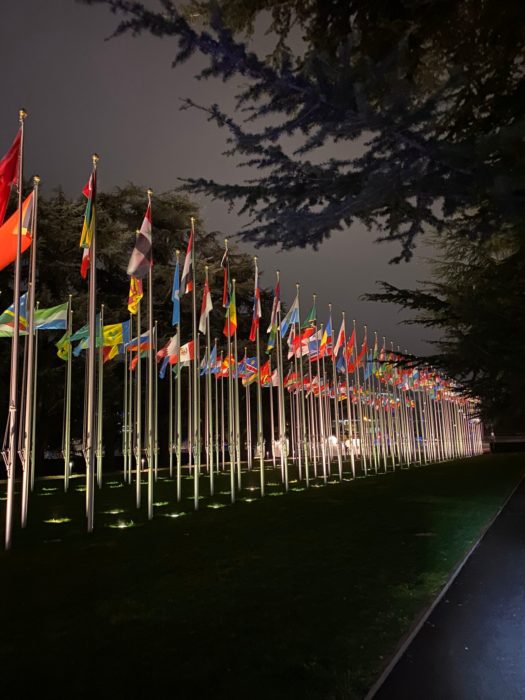5th April 2023 Geneva, Switzerland
Groundhog Council
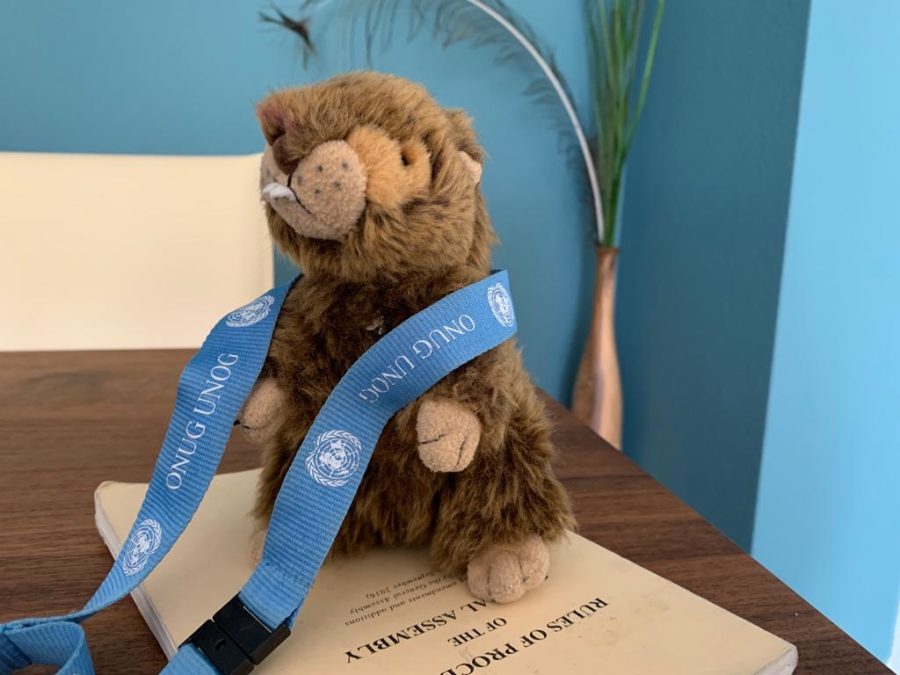
I think it’s over. But I’m not entirely sure. Each morning for the last six weeks I’ve been waking up to the grim realisation that the Human Rights Council session was still going and going and going. It went on for so long that I’ve lost track of everything. What day it is, my name, what constitutes a normal meal time, or how to have a conversation in a non-work environment. Finishing mid-week hasn’t helped. Neither has the weather. We started off in freezing winter, did a whistle stop tour of all the other seasons and have found ourselves back in winter again. It’s all very confusing.
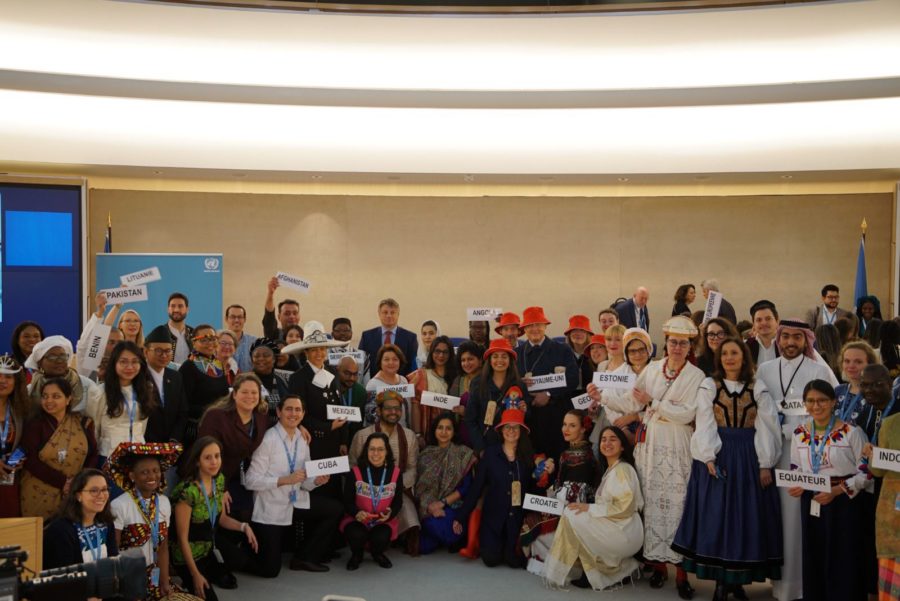
I was starting to wonder if we’d got ourselves trapped in some collective time loop, with the same Council day playing itself out over and over again. I suspect that there’s a malign UN peacock to blame and, much like the Punxsutawney groundhog, if the peacock sees its shadow on 2nd February each year, it makes the Council session last forever. Next year I’m going to blindfold all the peacocks from January.
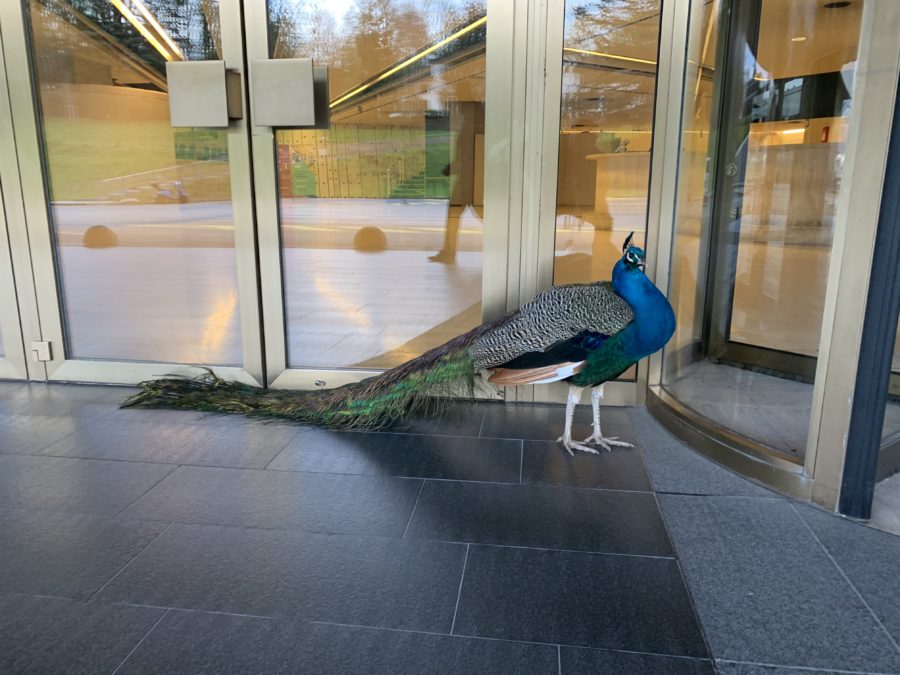
In my very first week in Geneva, slightly before Noah’s flood, I was told never to complain to people working in headquarters about how late I had to work, or how little sleep I was getting. They were back home while I was out in “glamorous” Geneva, so I’d better shut up about it. I think that many capital-based colleagues in all countries still have the misconception that Geneva diplomats fill their days with late starts, leisurely lunches, and evenings wondering which reception will be offering up the biggest platters of Ferrero Rocher to gorge themselves on. The truth, sadly, involves an awful lot less sleep and food. And I can’t even eat chocolate any more .
Was it all worth it? Well yes, it was. There wasn’t much new that came out of this Council session. But I increasingly prefer the older, more reliable things in life, over shiny new things. It was good to see the Council renew many of its most important existing mandates. One of the most long-standing is the Special Rapporteur on Human Rights Defenders, which was set up shortly after the UN adopted a Declaration on this topic. The Declaration turns 25 this year, and the Special Rapporteur’s role feels more important than ever. Far too many states are trying to clamp down on the courageous work done by human rights defenders across the world. Many risk their freedom or even their lives trying to promote and protect human rights in all areas of life. The Special Rapporteur provides many with much needed support, advice, and protection and deserves our full support.
It can be easy to become sucked into a vortex of doom, and to lose sight of good news stories. So it was truly heartening to discover that Colombia had appointed Gustavo Gallon as Ambassador in Geneva. Mr Gallon is a leading human rights defender in his country, who I admire greatly. He has long championed the importance of engagement with the UN human rights system, and he will add much needed experience and moral authority into our work.
Impressively, a cross regional core group found a delicate agreement on an updated resolution on the right to a clean, healthy and sustainable environment. The concept remains controversial, and ill-defined. A lack of a common understanding on what a human right actually entails can only lead to confusion, and this will have to be addressed at some point. But the political importance of the issue meant that consensus prevailed, which was good to see.
Regrettably, as in previous years, there were votes called on South Sudan, Syria, Iran, Belarus, and Nicaragua, but it was encouraging to see all the resolutions pass by comfortable margins. For most country resolutions, there was a slight increase in the number of votes in favour. In part this was down to the change in the Council’s composition which is different each year. But it also reflects growing concern that the human rights situation in each of these places has continued to deteriorate or remained terrible. All of these resolutions make sure that human rights violations are documented and brought to light – a key prerequisite so that perpetrators can be held to account.
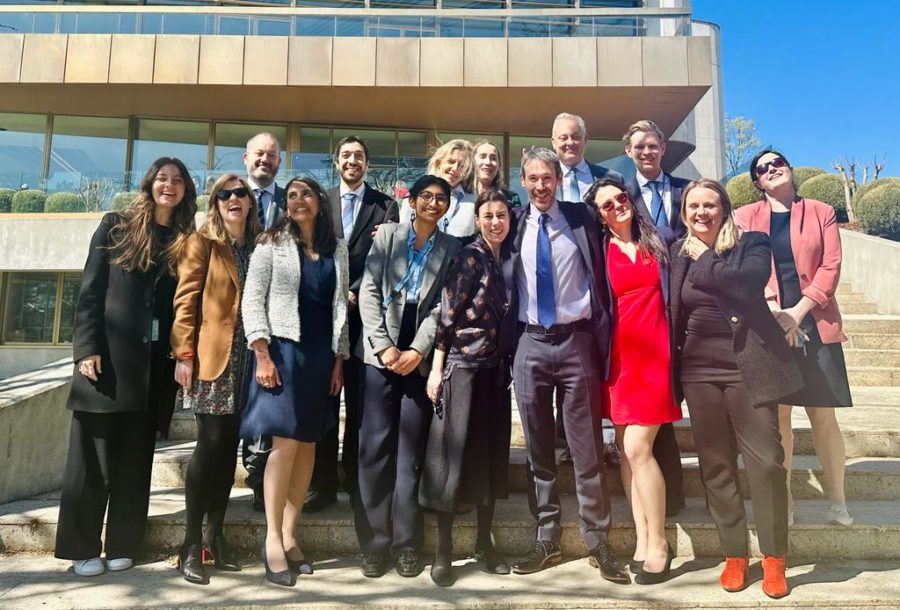
Throughout the session, the Council sent clear messages of solidarity and support to Ukraine and of outright condemnation to Russia. The Council renewed the Commission of Inquiry set up last year to document Russia’s brutal atrocities in Ukraine, by an overwhelming majority. The Commission concluded that some of these atrocities amounted to war crimes and that some may amount to crimes against humanity, so the case for renewing the Commission was undeniable. While China shifted to a no vote this year, with just Eritrea for company, many here suspect that China’s negative vote was much more about China’s concern for itself than for Russia. China has been looking anxiously over its shoulder ever since the request for a debate on Xinjiang nearly succeeded last October. It’s still unclear what the next steps on China at the Council will be, but it was good to see High Commissioner Volker Turk to take clear ownership of last year’s UN Xinjiang report, in his address to the Council.
For reasons best known to itself, during the voting in the final part of the session Russia decided to demonstrate repeatedly quite how few friends it actually has these days. Russia has a longstanding practice of trying to disrupt proceedings by proposing multiple amendments to resolutions. But because Russia was kicked off last year, it needed a Council member to agree to consider its amendments. With Russia just too toxic for anyone to want to help this year, Russia’s miserable amendments simply fell away.
So that’s it for now. For those currently, in or about to enter, religious holidays I wish you a peaceful break. And for all those who’ve been working on the Council I hope tomorrow is a better day. Or at least a different one.
